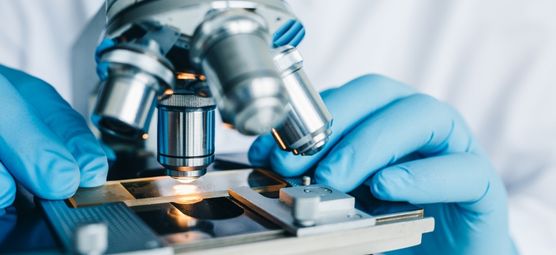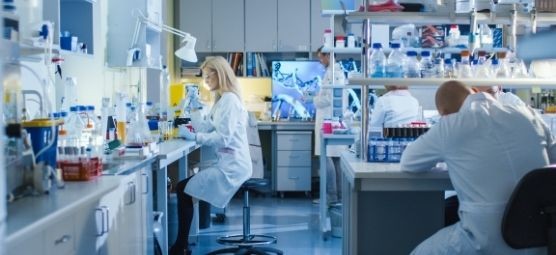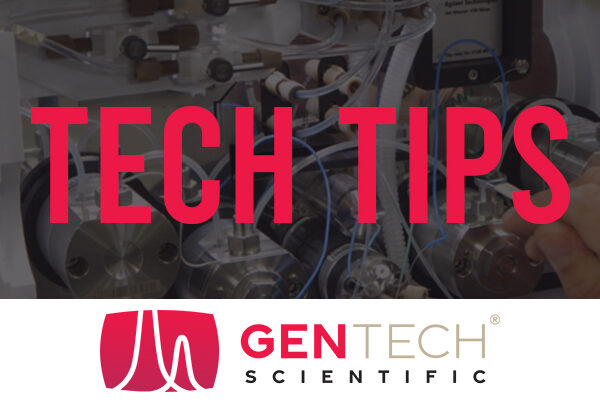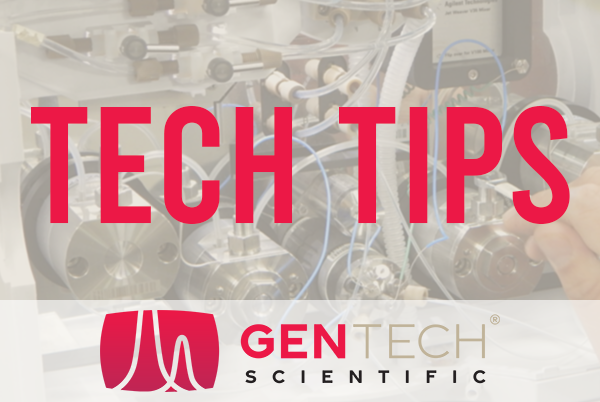Lab equipment is integral to a scientific lab working efficiently and conducting proper research or testing. To ensure that lab equipment is working at its best, a lab must examine and maintain it, but how often should a lab inspect its equipment?
Why Labs Should Inspect Lab Equipment Annually (at Least)
Lab equipment isn’t that different from owning a car—it’s a machine used daily and is integral to an individual’s life. In the same way a car needs preventative maintenance and services, so does the equipment in an analytical, clinical, or testing lab.
Lab instruments and machines typically don’t need to get inspected as often as a car needs its oil changed, but it’s recommended that labs should examine and conduct maintenance on their equipment at least once a year. If the equipment is older or more prone to breaking, inspections and maintenance should occur more frequently, but once a year is a general rule of thumb for most labs.
Benefits of Equipment Inspections & Preventative Maintenance
Reduce Downtime
The primary benefit of regularly conducting inspections and preventative maintenance on lab equipment is that it reduces the amount of downtime and delays in a lab. Downtime in a lab is costly and frustrating as work grinds to a halt to wait for a machine or instrument to get repaired.
Every second counts in a lab—the longer a lab remains immobilized due to equipment failure, the more money it loses. Labs that take the time to diligently conduct inspections and maintenance are much more likely to reduce their overall downtime, even if it takes more time for equipment maintenance.
Better Performance
Frequent inspection and maintenance of lab equipment also help improve the overall performance of the instruments and machines. Particularly for analytical instruments and equipment used daily, the wear and tear can gradually reduce performance quality until it’s a fraction of what it once was.
To guarantee that the lab is getting the top performance of its equipment, the lab must set aside time and effort to closely examine and perform maintenance on the instruments to ensure it’s operating at peak efficiency.
Longer Lifespan
While taking the time for inspections and maintenance may cost money and time in the short term, it’s worth the long-term value of increasing the lab equipment’s lifespan. To return to the car analogy, a vehicle that gets taken care of is more likely to run longer, and the longer it runs, the more value it provides to the owner.
The same principle applies to lab equipment—the longer it lasts, the more value to the owner, but it needs help in the form of inspections and maintenance to keep working.
At GenTech Scientific, we offer high-quality Agilent repair services and other equipment maintenance from a team of experts with decades of experience. If your lab equipment needs maintenance or services, contact our helpful team at GenTech Scientific today.






